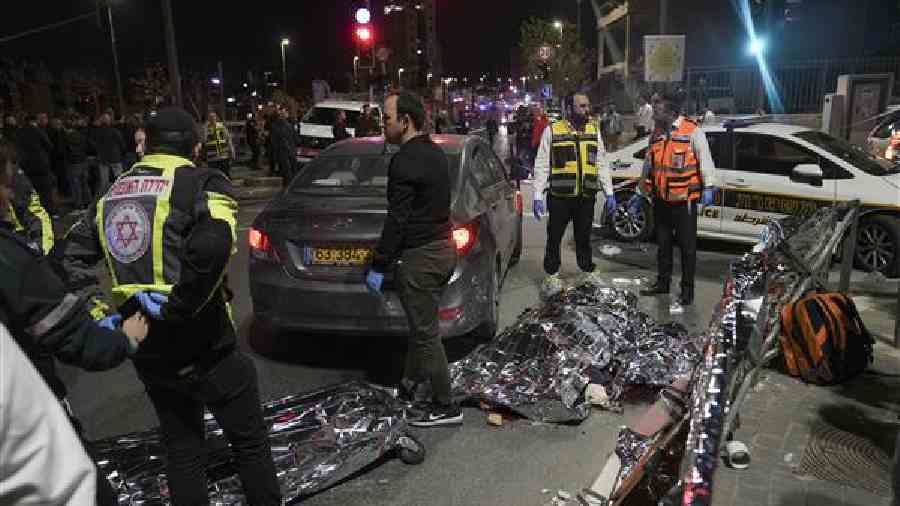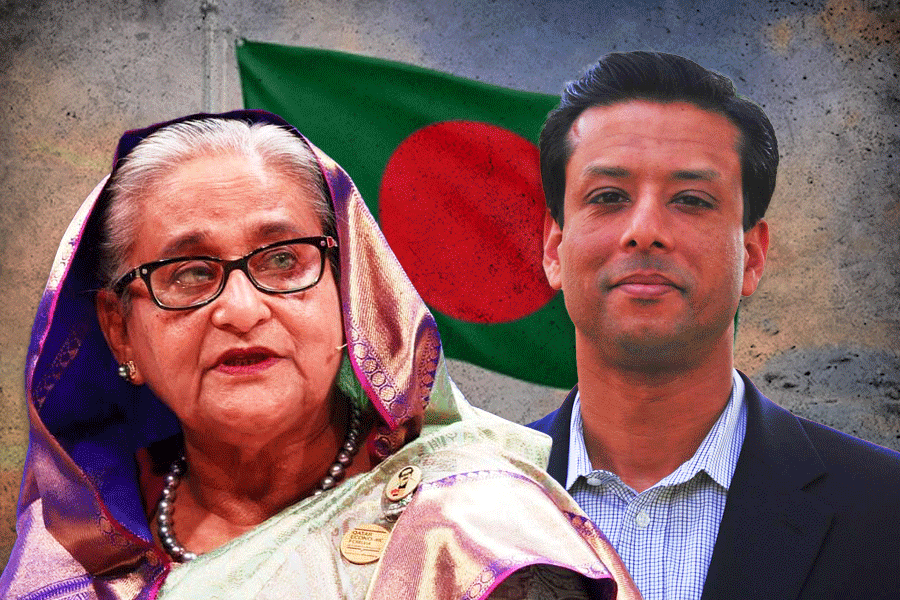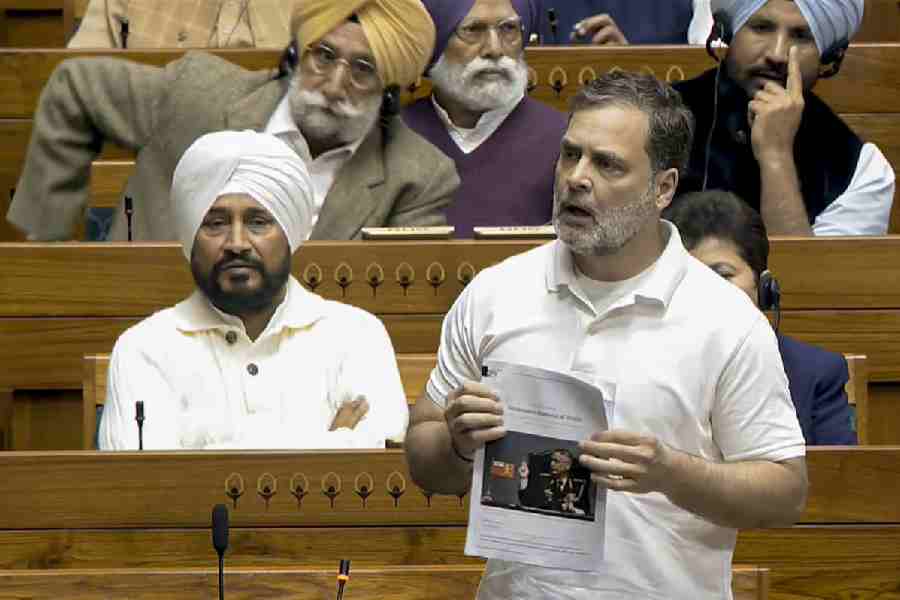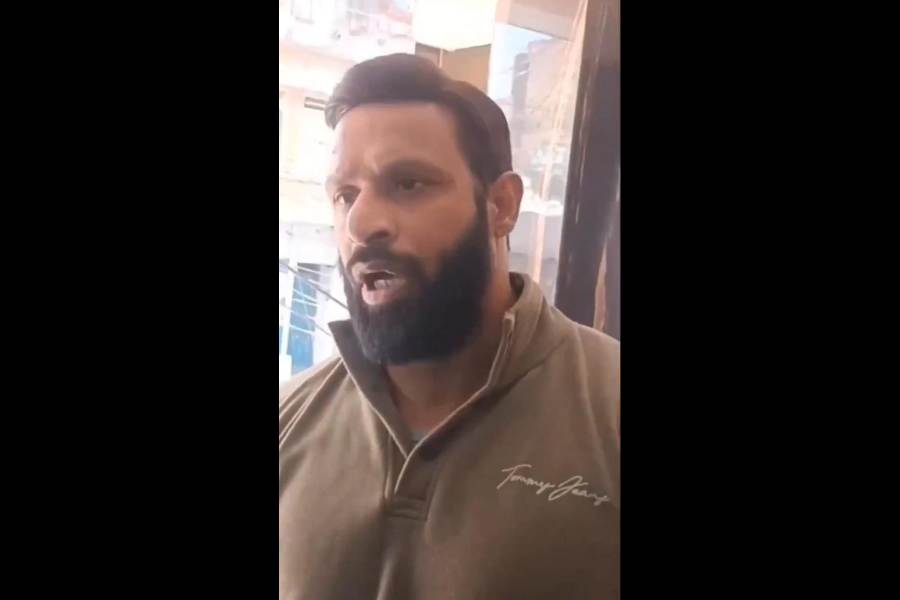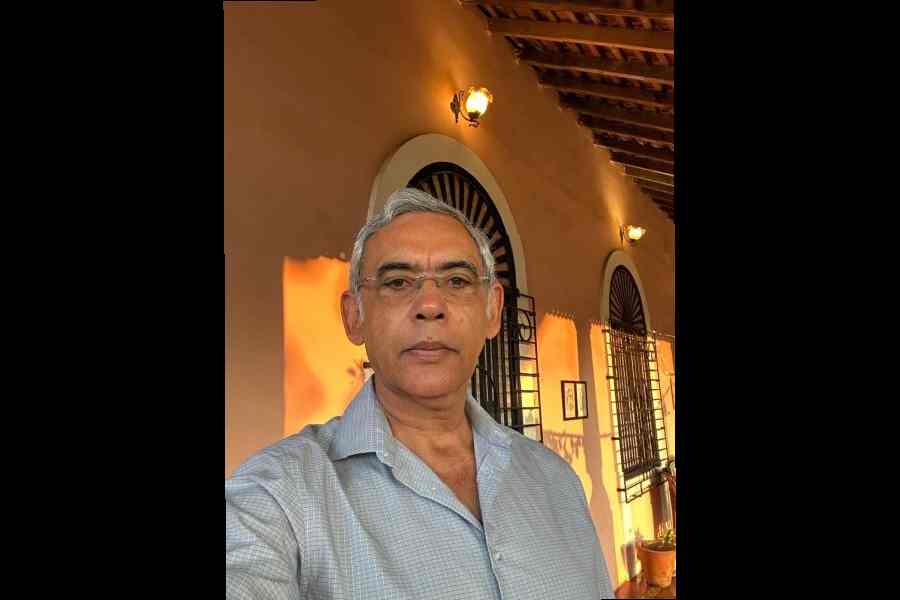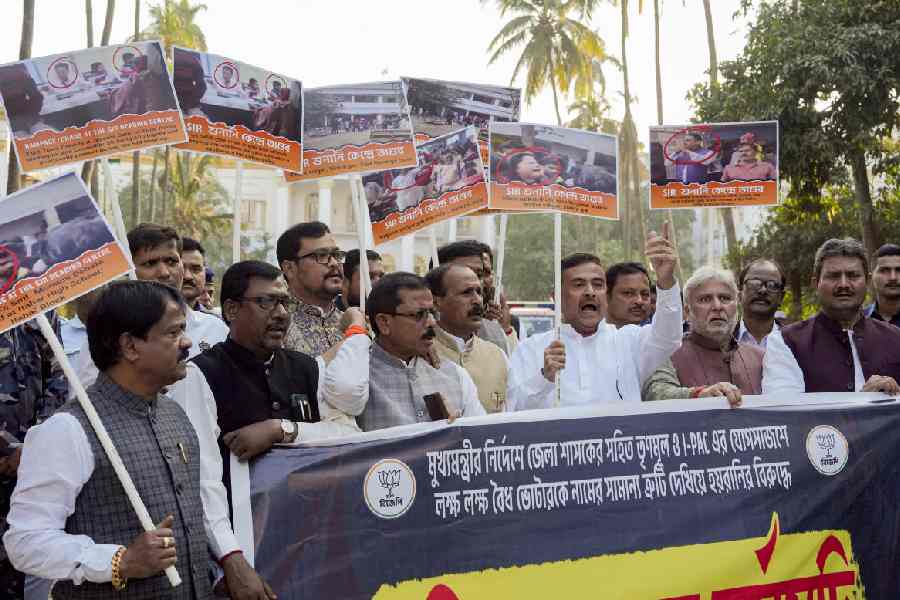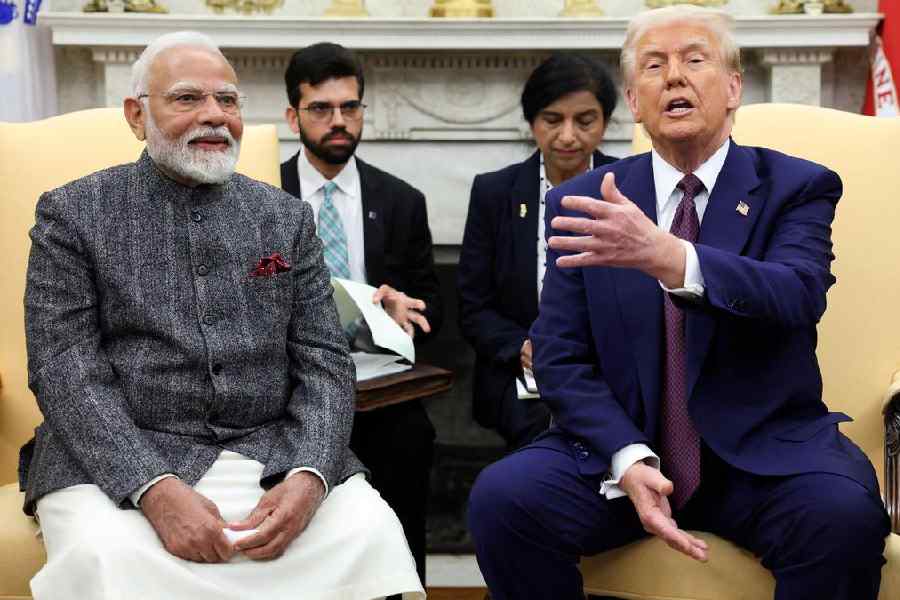At least seven people were shot dead outside a synagogue in East Jerusalem on Friday night, in the deadliest attack in the city since 2008 and amid one of the bloodiest months in Israel and the occupied territories, outside of a full-scale war, for several years.
The killings, in a Jewish area of the city, were the latest escalation of a particularly violent cycle in the region, where the situation — never calm — began to worsen last spring with a wave of lone Palestinian attacks on Israelis.
That sequence prompted the Israeli Army to intensify its raids on Palestinian areas in the West Bank. The Israeli campaign led to the deaths of more than 170 Palestinians in 2022, the highest annual toll for more than a decade and a half, and has fuelled an intense new wave of Palestinian anger and militancy.
The attack on Friday came a day after the killing of nine Palestinians during an Israeli Army raid in Jenin, in the occupied West Bank — the deadliest such raid in years.
This sharp rise in bloodshed has left Israelis and Palestinians across Israel, the West Bank and Gaza braced for the possibility of even greater conflagration. And it is all coming at the advent of a new Israeli government — the most Right-wing in Israeli history — whose leading figures have promised to take even stronger action against Palestinians and asserted exclusive rights over land that Palestinians hoped would form the backbone of a future Palestinian state.
In the attack on Friday, the Israeli police said that a lone gunman started firing at people with a handgun at about 8:15pm (local time) outside a building used as a synagogue in Neve Yaakov, an Israeli settlement in the northern tip of East Jerusalem, an area captured by Israel in 1967 and later annexed.
Seven people were killed and three injured, according to the police.
“One of the worst terror attacks we’ve encountered in recent years,” said Yaakov Shabtai, the inspector general of the Israeli police, after arriving at the scene on Friday night.
After the shootings, the attacker drove away in a car and was intercepted by a police squad about five minutes later, according to a police statement. The attacker was then shot dead by the police after a brief chase and shootout.
The police later described the attacker as a 21-year-old resident of East Jerusalem who acted alone, but officials did not specify his ethnicity. Both Israeli and Palestinian media said he was Palestinian.
Five of the victims were already lying dead on the ground by the time paramedics from Magen David Adom, an emergency response group, arrived on the scene, and two more died after being taken to the hospital, according to a statement by the group.
“We arrived to the scene extremely quickly and it was horrible,” said Shimon Alfasi, a paramedic from the group, according to the statement.“Injured people lying on the street at the Neve Yaakovboulevard. An unconscious 70-year-old woman suffering from gunshots.”
Inspector General Shabtaidescribed the attack as an act of terrorism. “He got out of his car not far from here and began a killing spree with a pistol,” he said at the scene.“Everyone who crossed his path — he shot at them from close range.
The shootings occurred at the end of a particularly deadly month in the occupied West Bank. Since the start of the year, at least 30 Palestinians have been killed in the region in clashes with Israelis, mostly during Israeli military raids.
The Jenin raid on Thursday, the deadliest such incursion for years, prompted the Palestinian Authority, thesemi-autonomous body thatadministers major Palestinian cities in the territory, to announce that it was halting coordination with the Israeli security services in protest.
That move, if fully implemented, would suspend the sharing of intelligence between the two sides.
New York Times News Service

